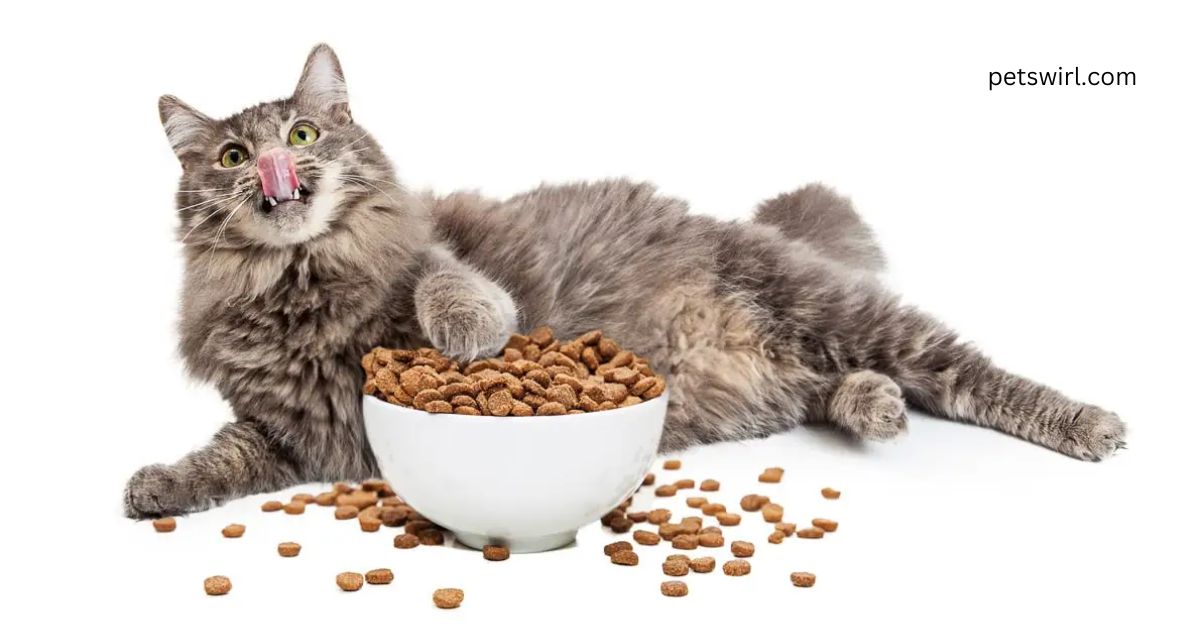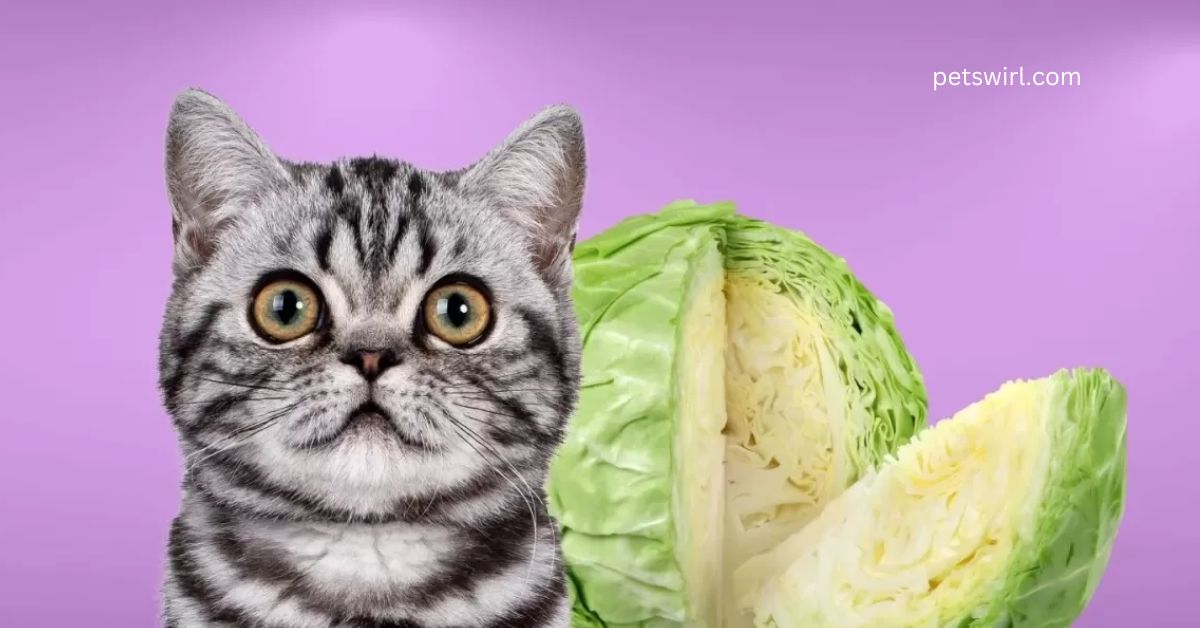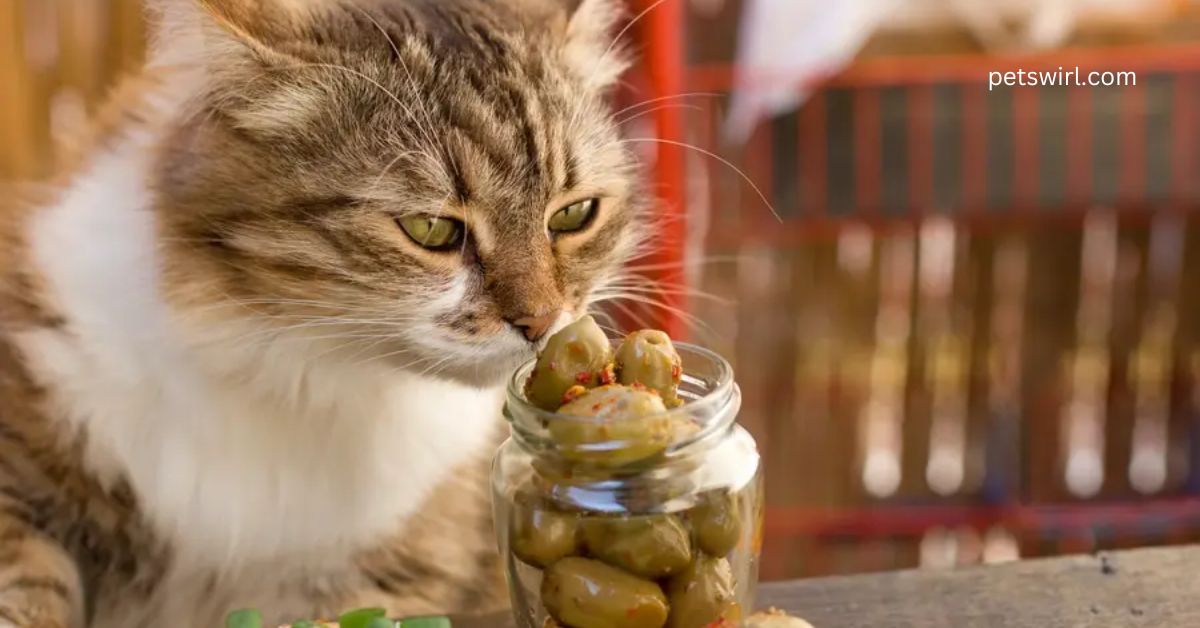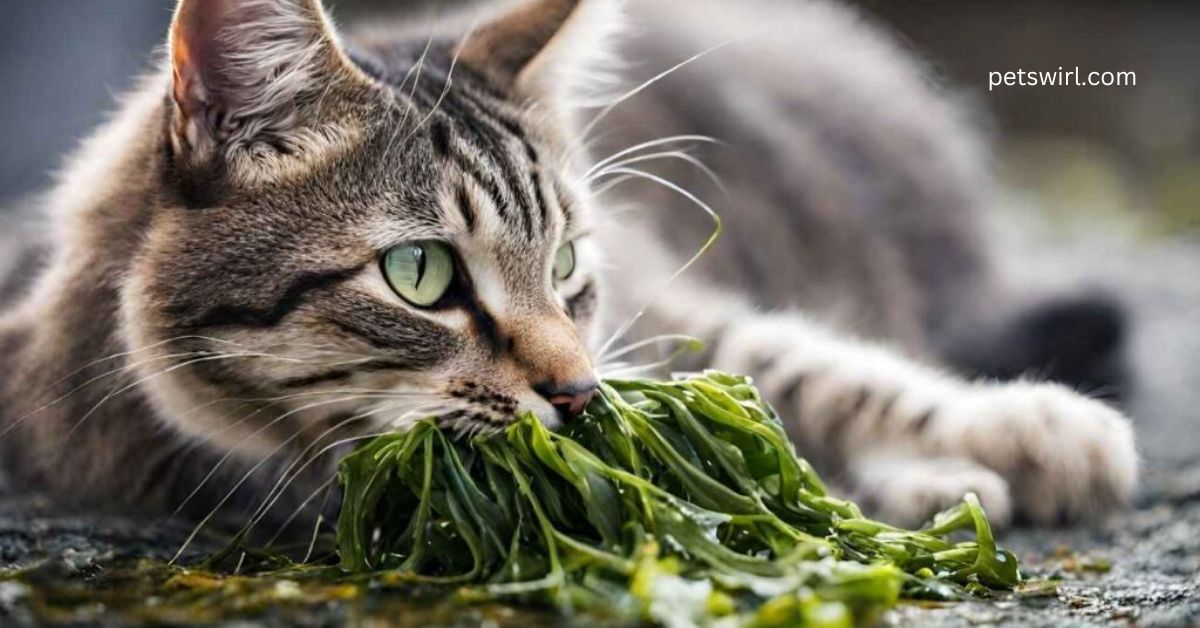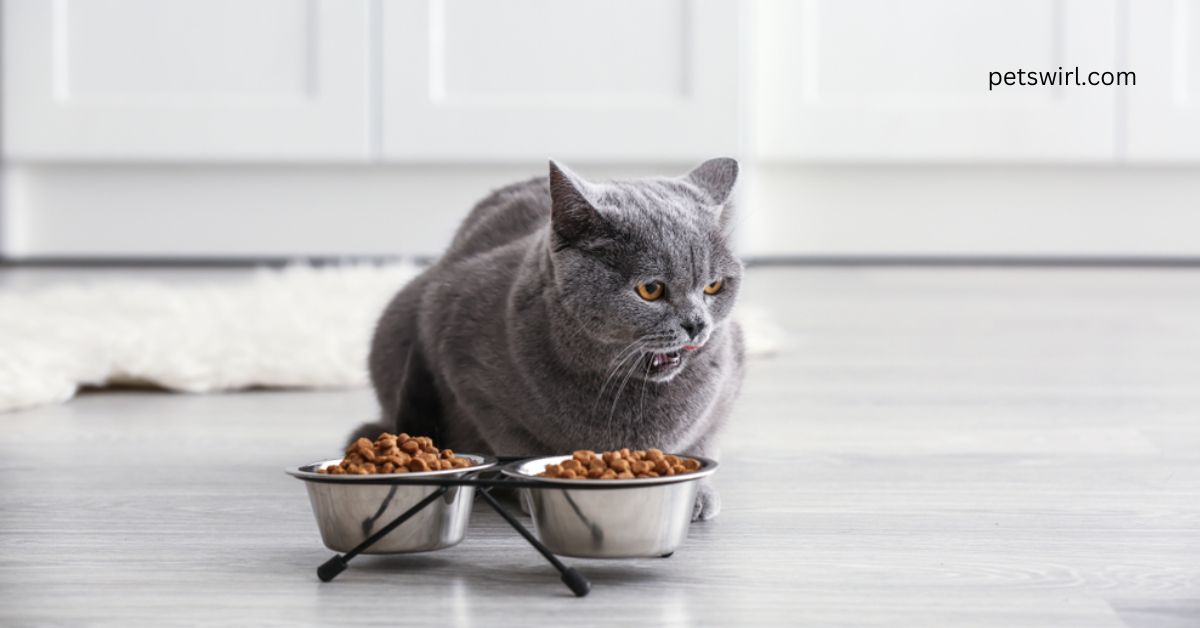As a responsible pet owner, you may wonder, can cats eat cashews? While cashews are a popular snack for humans due to their creamy texture and nutritional value, the dietary needs of cats differ significantly from ours. Understanding whether cashews are safe for cats is crucial to maintaining their health and well-being.
In this article, we’ll explore everything you need to know about cats and cashews, including their nutritional value, potential risks, and safer alternatives.
Are Cashews Safe for Cats?
The short answer is yes, cats can eat cashews in small amounts, but with caution. Cashews are not toxic to cats, meaning they won’t cause immediate harm if consumed in moderation. However, cashews are not a natural part of a feline’s diet and may pose risks if overfed.
Nutritional Value of Cashews
Cashews are rich in nutrients that are beneficial to humans, such as:
- Proteins
- Healthy fats
- Vitamins like B6 and E
- Minerals like magnesium, potassium, and iron
Can Cats Eat Cashews?, However, for cats, these nutrients may not provide the same benefits. Cats are obligate carnivores, meaning their diet primarily consists of animal-based proteins and fats. Plant-based foods like nuts are not a necessary part of their nutritional needs.
Risks of Feeding Cashews to Cats
Although cashews are not toxic, they come with potential risks when given to cats:
1. High Fat Content
Cashews contain a significant amount of fat, which can lead to:
- Obesity: Excessive fat intake can cause weight gain.
- Pancreatitis: A condition where the pancreas becomes inflamed, potentially life-threatening for cats.
2. Digestive Issues
Cats have sensitive digestive systems, and eating cashews may cause:
- Vomiting
- Diarrhea
- Stomach upset
3. Choking Hazard
Can Cats Eat Cashews?, cashews are small and hard, making them a potential choking hazard, especially for kittens or older cats with dental issues.
4. Salt and Seasoning
Many store-bought cashews are salted or seasoned, which can be harmful to cats. Excess salt can lead to:
- Dehydration
- Sodium poisoning, causing symptoms like lethargy, vomiting, and tremors.
5. Allergic Reactions
Can Cats Eat Cashews?, although rare, some cats may have allergies to nuts, including cashews. Symptoms of allergies may include:
- Itching
- Swelling
- Difficulty breathing
Moderation Is Key
Can Cats Eat Cashews?, if you decide to give your cat cashews, it’s crucial to do so in moderation. A small, unsalted piece of cashew as an occasional treat is unlikely to cause harm. However, it should not become a regular part of your cat’s diet.

How to Safely Feed Cashews to Cats
If you want to let your cat try cashews, follow these tips:
- Choose Plain Cashews
Ensure the cashews are unsalted, unseasoned, and free from added sugars or oils. - Serve in Small Pieces
Break the cashew into tiny, manageable pieces to reduce the risk of choking. - Offer as a Treat, Not a Meal
Limit cashew consumption to a rare treat, making up less than 10% of your cat’s total calorie intake for the day. - Monitor for Reactions
After feeding cashews, watch for signs of digestive distress or allergic reactions.
What Happens if a Cat Eats Cashews?
Can Cats Eat Cashews?, if your cat accidentally eats a cashew, don’t panic. Most likely, it will pass through their system without causing harm. However, monitor your cat closely for any signs of:
- Vomiting
- Diarrhea
- Unusual behavior
If these symptoms occur, consult your veterinarian immediately.
Also read: Can Cats Eat Seaweed
Healthier Alternatives to Cashews for Cats
Instead of feeding your cat cashews, consider these veterinarian-approved treats:
1. Cooked Meat
Cats thrive on animal-based proteins. Offer cooked chicken, turkey, or fish as a healthy treat.
2. Commercial Cat Treats
Opt for store-bought treats specifically designed for cats, which are nutritionally balanced and safe.
3. Cat-Safe Vegetables
While not essential, some cats enjoy small amounts of vegetables like steamed carrots or peas.
4. Catnip
Catnip is a safe and enjoyable treat for most felines, providing both entertainment and relaxation.
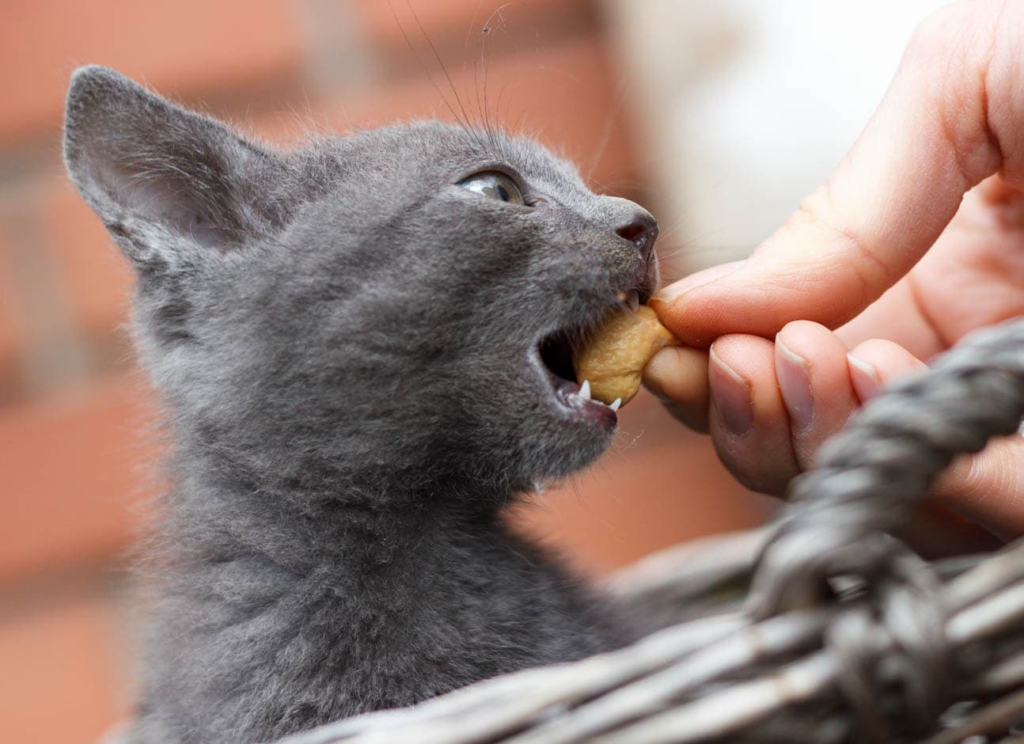
Foods Cats Should Avoid
Can Cats Eat Cashews?, while cashews are relatively safe in small amounts, some foods are outright harmful to cats and should never be fed to them. These include:
- Chocolate
- Onions and garlic
- Grapes and raisins
- Alcohol
- Caffeine
- Dairy products (many cats are lactose intolerant)
Can Cats Eat Other Nuts?
In addition to asking, “Can cats eat cashews?” you might wonder about other nuts. Here’s a quick overview:
- Almonds: Not toxic but can cause digestive issues.
- Walnuts: High in fat and can lead to gastrointestinal upset.
- Pecans: Should be avoided due to high fat content.
- Peanuts: Safe if unsalted, but only in very small amounts.
Overall, it’s best to avoid feeding nuts to cats altogether.
Why Cashews Are Better Left for Humans
Can Cats Eat Cashews?, cashews are a delicious and nutritious snack for humans, but their benefits don’t translate to cats. The high fat content, potential choking hazard, and lack of essential nutrients make them an unsuitable choice for your feline friend.
Instead, focus on providing your cat with a balanced diet that meets their unique nutritional needs. High-quality cat food, combined with occasional treats designed for cats, will keep your pet healthy and happy.
Final Thoughts
So, can cats eat cashews? While they can eat them in small amounts without immediate harm, it’s not recommended as a regular treat. The risks outweigh the benefits, and there are far better snack options available for your furry friend.
As a cat owner, your priority should be ensuring your pet’s diet is safe, balanced, and aligned with their natural needs. By understanding what foods are safe and what should be avoided, you can provide your cat with a long, healthy, and happy life.
Always consult your veterinarian if you have questions about your cat’s diet or if your cat shows any signs of discomfort after eating something unusual.
Also read: Can Cats Eat Green Olives

